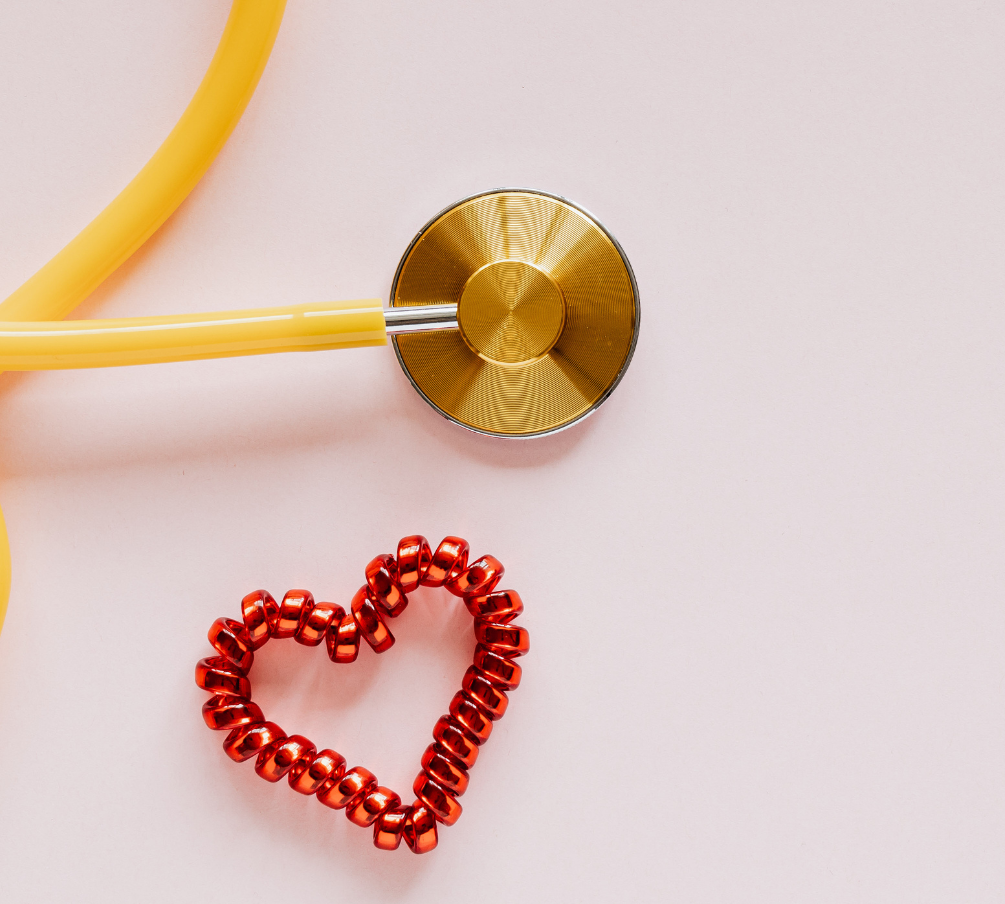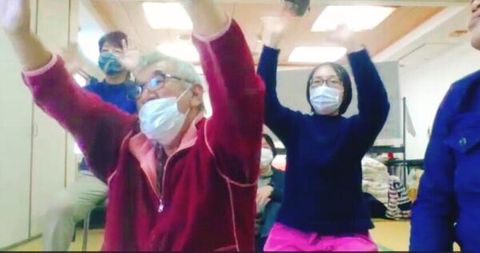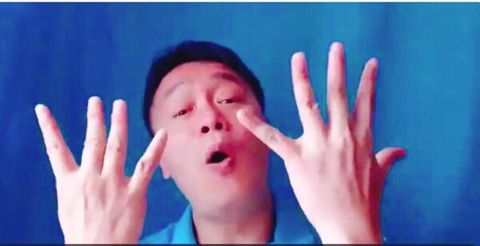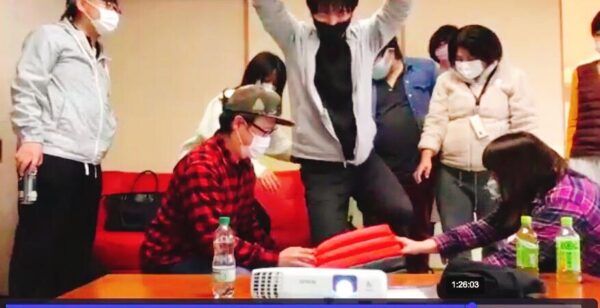Building Bridges for Mental Well-Being
We (Mana & Sean) met at a GPB Saturday community meeting back in June this year. Since it is still rare to see many other Asians in our meetings, Sean reached Mana over zoom chat, and then emailed to connect. That was the beginning of our collaboration.
Over zoom meetings we talked about the areas that we work in and our interests. It turns out that we both are passionate about the topic of mental well-being. And so, on 21st July, we had our first workshop with people from Bethel House, along with individuals from Hong Kong, China & Japan. Bethel House, located in Urakawa, Hokkaido Japan, is a community based organization, where people with mental illnesses live and work. Mana’s parents work there.
We had a total of around 12 people at the session. When we designed the workshop, we had a bit of a challenge. Bethel House can only put everyone in the same room for the session, while others would be joining through their individual devices. Being improvisers, of course we accepted that offer! The theme of that particular workshop was about connecting. Connecting with people that we meet from different places, connecting with physical movement and connecting with our stories, our childhood and our values. A woman in the first workshop told us afterwards that she usually doesn’t have a chance to meet people from outside her country. She was amazed and felt a connection with people from other countries.
We focused on creating a space that people felt comfortable to play, as sometimes playing requires taking a bit of a risk to step into the unknown. We paid attention to group dynamics while they were playing with another group over the virtual connection. People shared how they experienced the cultures in the different groups; someone from Hida Clinic described that Bethel House seemed to have a lot of humour between each other. We also provided a lot of flexibility for individuals in each group. They were free to walk in and out of the room during the workshop. At one point in the first session, a lot of people in Bethel House left the room. Some went to the bathroom, some went to have a smoke, leaving only three people there to play. It was rather funny! And we worked and played with it all.
When we did the mirror exercise, one participant didn’t know how to do it. He was smoking outside when Mana gave the instructions. As a result, he tried imitating the other person’s movements. When it was his turn, he created his movement. Later, he explained how he created his movement. He said he remembered about his childhood when he was dancing.
I (Mana) have known him since I was a baby. He was diagnosed with schizophrenia when he was young. He took care of me a lot when I was a baby. I know some of his story of childhood and his family. It was the first time I saw him dance in memory of his childhood. I was so happy to be able to connect with these memories.
Finally, we also played with/expanded how we all think about what mental health is. In the workshop, people weren’t judged because of the categories of their illness or “disorders”. More important was the activity of how we created new things together, connect with each other and feel good about ourselves.
We encourage GPB players and facilitators to actively connect with people that you don’t know yet. None of this would have happened, if we (Mana and Sean) didn’t reach out to one another. Have a conversation about what you want to do. Surely, there will be things that between you, you can create, have some fun, and build friendships while serving others.







